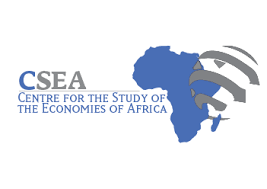The Naira sustained its sluggish trend against the US dollar in the parallel market in the early hours of Monday and traded at N713/$, a 0.14% depreciation from N712/$1 recorded on Friday, last week.
Information obtained from the parallel market operators by our correspondent in the early trading hours of yesterday showed that the Naira also depreciated to a new record high at the cryptocurrency peer-to-peer (P2P) FX market, to trade at N729.1/$1.
The local currency’s depreciation at the cryptocurrency peer-to-peer (P2P) FX market represented 1.14% from N720.9/$1 that it traded at the same time last Friday.
It would be recalled that last Friday, the Naira at the official Investors and Exporters (I&E) window appreciated slightly by 0.04% to close at N436.33/$1 as against N436.5/$1 recorded in the previous day’s trading session.
According to official data by the monetary authorities, a total of $106.11 million was traded at the window on Friday, representing a 4.3% marginal increase when compared to $101.74 million that exchanged hands during Thursday’s trading session.
The Central Bank of Nigeria (CBN), in furtherance of its monetary policy measures to stabilize the Naira exchange rate has in the past years been supporting FX to the official FX market and unit recently, BDC dealers.
Recent data from the apex bank on the level of its interventions in the FX market showed that it injected $3.36 billion into the market in December 2021 and January this year as part of its efforts to stabilize the national currency’s exchange rate.
Analysts have partly linked the apex bank’s interventions to the nation’s low foreign reserve which has been oscillating around $38 billion and $41 billion for several months now.
But then, economic and financial experts also attributed the low reserve to other factors, including the changing pattern of foreign trade especially as it relates to the global supply chain in recent months, institutional changes in the economy and structural shifts in production, amongst others.




